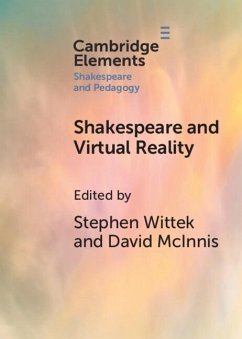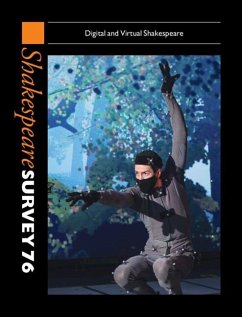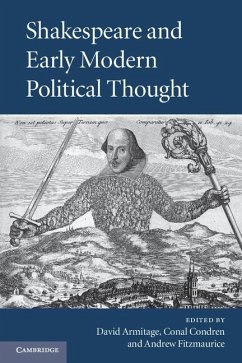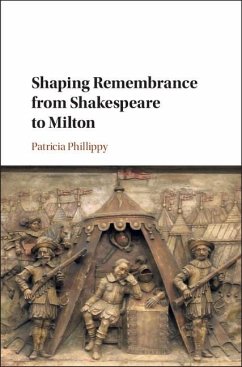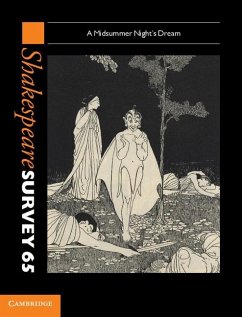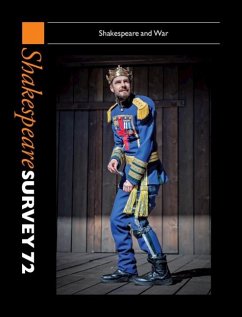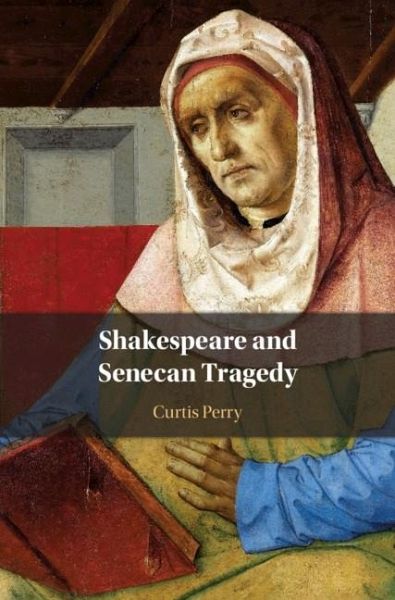
Shakespeare and Senecan Tragedy (eBook, ePUB)
Versandkostenfrei!
Sofort per Download lieferbar
55,95 €
inkl. MwSt.
Weitere Ausgaben:

PAYBACK Punkte
28 °P sammeln!
Shakespeare's tragic characters have often been seen as forerunners of modern personhood. It has been assumed that Shakespeare was able to invent such lifelike figures in part because of his freedom from the restrictions of classical form. Curtis Perry instead argues that characters such as Hamlet and King Lear have seemed modern to us in part because they are so robustly connected to the tradition of Senecan tragedy. Resituating Shakespearean tragedy in this way - as backward looking as well as forward looking - makes it possible to recover a crucial political dimension. Shakespeare saw Senec...
Shakespeare's tragic characters have often been seen as forerunners of modern personhood. It has been assumed that Shakespeare was able to invent such lifelike figures in part because of his freedom from the restrictions of classical form. Curtis Perry instead argues that characters such as Hamlet and King Lear have seemed modern to us in part because they are so robustly connected to the tradition of Senecan tragedy. Resituating Shakespearean tragedy in this way - as backward looking as well as forward looking - makes it possible to recover a crucial political dimension. Shakespeare saw Seneca as a representative voice from post-republican Rome: in plays such as Coriolanus and Othello he uses Senecan modes of characterization to explore questions of identity in relation to failures of republican community. This study has important implications for the way we understand character, community, and alterity in early modern drama.
Dieser Download kann aus rechtlichen Gründen nur mit Rechnungsadresse in A, B, BG, CY, CZ, D, DK, EW, E, FIN, F, GR, HR, H, IRL, I, LT, L, LR, M, NL, PL, P, R, S, SLO, SK ausgeliefert werden.





